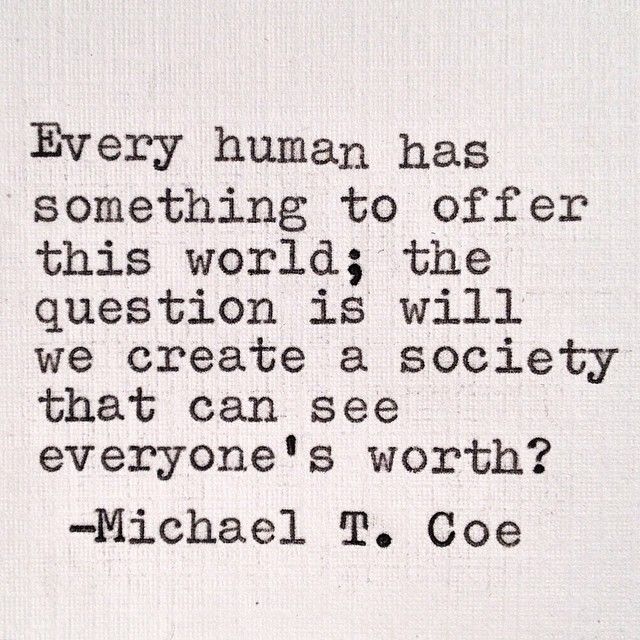
 Christina Knorr is always up for a new adventure. Living with Spina Bifida, she’s completed a Bachelor’s degree at Rutgers University and will be pursuing a Master’s Degree in Criminal Justice. She’s gone skydiving, has an effervescent personality, is a loyal friend with a contagious smile, and yet, she is terrified during this Pandemic.
Christina Knorr is always up for a new adventure. Living with Spina Bifida, she’s completed a Bachelor’s degree at Rutgers University and will be pursuing a Master’s Degree in Criminal Justice. She’s gone skydiving, has an effervescent personality, is a loyal friend with a contagious smile, and yet, she is terrified during this Pandemic.
“It’s scary to know that because I have a disability, my life may not be valued as highly as the person in the bed next to me that also needs life-saving medical equipment and intervention. If this happens, I might die. It makes me angry knowing that…and I understand that medical care and supplies are scarce, but I value my life and have a full life to live. I, and others living with disabilities—are not expendable. Someone who has no idea what it’s like to be disabled, and therefore has no idea of my abilities and disabilities, could be making a life or death decision for me.”
Unfortunately, ableism has been a central and rarely questioned part of medicine across history. On a regular day, ableism undermines clinicians’ ability to engage with patients with disabilities; whether due to age, injury, or other factors. It leads to poor medical care and increases the chances of harm. Today, patients with disabilities face the very real possibility that they will be intentionally passed over for medical care and allowed to die of COVID-19, because of their pre-existing disabilities.
Patients with Intellectual disabilities
 Intellectual disabilities advocates are concerned that those with autism, down syndrome and other similar conditions will be denied access to life saving equipment and treatment as the COVID-19 pandemic escalates. In a few states, like Alabama, people with cognitive issues are of lower priority for life saving treatment. Alabama COVID-19 plan states that “persons with severe mental retardation, advanced dementia or severe traumatic brain injury may be poor candidates for ventilator support”. “Persons with severe or profound mental retardation, moderate to severe dementia, or catastrophic neurological complications such as persistent vegetative state are unlikely candidates for ventilator support”. Similarly, Arizona’s emergency preparedness plan advises medical officials to allocate resources to patients whose need is greater or whose prognosis is more likely to result in a positive outcome with limited resources. Doctors and nurses are left to decide who’s needs will come first.
Intellectual disabilities advocates are concerned that those with autism, down syndrome and other similar conditions will be denied access to life saving equipment and treatment as the COVID-19 pandemic escalates. In a few states, like Alabama, people with cognitive issues are of lower priority for life saving treatment. Alabama COVID-19 plan states that “persons with severe mental retardation, advanced dementia or severe traumatic brain injury may be poor candidates for ventilator support”. “Persons with severe or profound mental retardation, moderate to severe dementia, or catastrophic neurological complications such as persistent vegetative state are unlikely candidates for ventilator support”. Similarly, Arizona’s emergency preparedness plan advises medical officials to allocate resources to patients whose need is greater or whose prognosis is more likely to result in a positive outcome with limited resources. Doctors and nurses are left to decide who’s needs will come first.
Elderly and Immunocompromised patients
 As COVID-19 spreads around the globe, we are told that the virus will only prove fatal for a few vulnerable groups like the elderly, immunocompromised and also those with pre-existing health conditions. Older patients, those with shorter life expectancy are often deemed as less deserving of scarce medical resources than younger healthier individuals. Today, many with compromised immune systems live in danger of contracting all numbers of diseases including COVID-19 now that people stockpiled all the hand sanitizers and antibacterial soap. Immunocompromised patients have also experienced a drug shortage in U.S hospitals and some infusion clinics will be forced to suspend treatment for many patients.
As COVID-19 spreads around the globe, we are told that the virus will only prove fatal for a few vulnerable groups like the elderly, immunocompromised and also those with pre-existing health conditions. Older patients, those with shorter life expectancy are often deemed as less deserving of scarce medical resources than younger healthier individuals. Today, many with compromised immune systems live in danger of contracting all numbers of diseases including COVID-19 now that people stockpiled all the hand sanitizers and antibacterial soap. Immunocompromised patients have also experienced a drug shortage in U.S hospitals and some infusion clinics will be forced to suspend treatment for many patients.
Patients with physical disabilities
 It may be more challenging for people living with physical disabilities to protect themselves from the coronavirus outbreak. Some may have physical difficulties implementing increased frequent hygiene measures to keep the virus at bay. Others may not be able to practice social distancing, because they need regular, hands-on help from others to do every day selfcare tasks. When getting out of the house and shopping, they rely on others for transportation. This makes social distancing increasingly difficult.
It may be more challenging for people living with physical disabilities to protect themselves from the coronavirus outbreak. Some may have physical difficulties implementing increased frequent hygiene measures to keep the virus at bay. Others may not be able to practice social distancing, because they need regular, hands-on help from others to do every day selfcare tasks. When getting out of the house and shopping, they rely on others for transportation. This makes social distancing increasingly difficult.
Many patients with disabilities hope that the widespread accommodations currently being made for remote working conditions remain in place for those who can’t so easily get to an office or schools. Allowing the disabled population to work remotely, and students to learn online, fosters equality and allows people with chronic illnesses and disabilities to contribute to society and feel valuable.
Today, one would face great opposition if they denied ventilators to black, white, Asian or Hispanic patients. But why should persons with disabilities be denied access to ventilators and equal quality of healthcare?



Join the Conversation